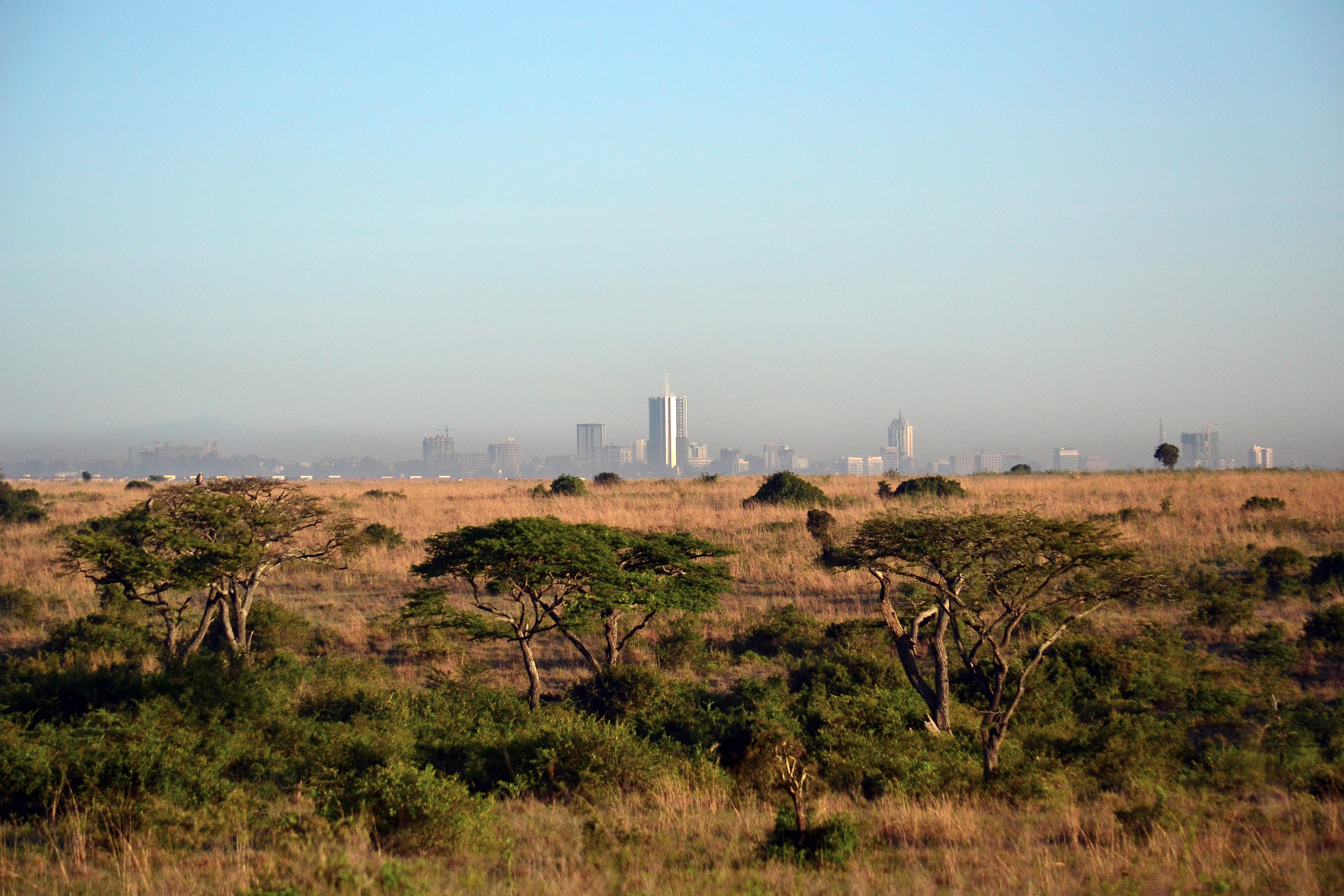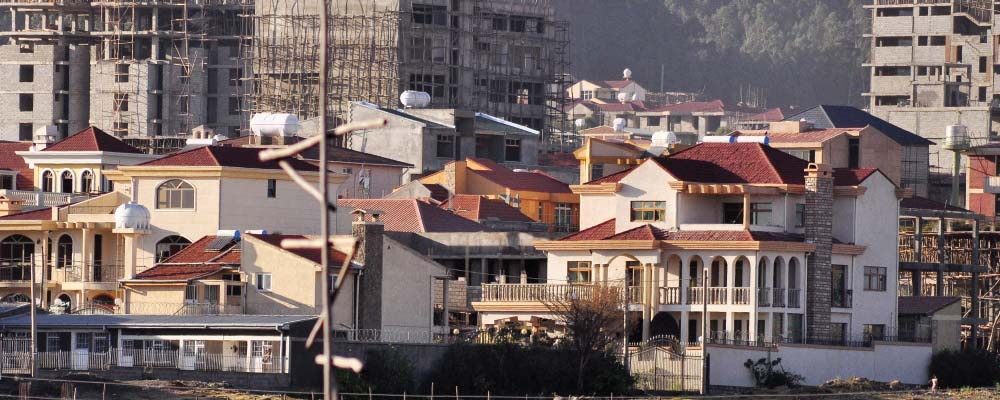The once rapidly growing real estate sector in Kenya may soon come to a stall. The housing industry is currently facing challenges a shortage of affordable housing for the high demand with signs of oversaturation of properties.
At a glance, the real estate growth is quite visible especially in the country’s capital, Nairobi City. Many areas are currently construction sites, and one cannot miss the cranes high up in skyline towers. Nairobi city, primarily through real estate industry is a significant contributor to the country’s economy. In 2016, the real estate sector contributed 13.8 percent of the country’s gross domestic product. This was an increase from the 10.5 percent recorded in 2000. These figures are according to the National Statistics Bureau of Kenya.
Reports from the Kenyan based realtor, HassConsult, prices of properties have grown up to 10 times in the past decade. Nairobi city has impressively grown in real estate with malls, modern apartments, detached and semi-detached units, hotels and bars spread all over the city. However, a report from Broll Kenya indicates that most offices and housing blocks have a low occupancy at 60 percent. Most of the offices in Westlands and Upper Hill are empty. There has been an oversaturation of shopping malls. There are about 50 malls in Nairobi only with additional 19 currently under construction. The real estate market may be in retreat as new entrants find it challenging to attract tenants.
Over the past decade, property owners have enjoyed huge returns from their investments. Centum which owns Tatu City and Two Rivers Mall properties posted gains of up to 6 times. Nairobi market has also attracted property bigwigs like White Lotus and Hass Petroleum who are currently constructing a twin-towered multi-purpose building. This is at the cost of &220 million and is set to be the tallest building in Africa.
The exorbitantly high rental charges of properties in Nairobi are proving unaffordable to most Nairobians. This has rendered many properties vacant despite the high demand in the market. This problem is mainly due to the interest cap rate at 4% above Central Bank rate which has led to a slowdown of transactions in this sector. Some property owners, especially in Nairobi’s attractive neighborhood like Kilimani, Lavington, and Kileleshwa, rent out to foreigners through Airbnb.
Properties for the middle class may be the next move by the majority of investors. However, this may end up not meeting demands as speculation purely drives the real estate market in Kenya. As such, property owners will likely increase rental charges with the mere thought of growth of the industry. President Uhuru Kenyatta has prioritized affordable housing as part of his Big Four Agendas. The government will provide incentives to low-cost housing builders. Nairobi’s real estate industry remains unpredictable even as the government enters the sector.




